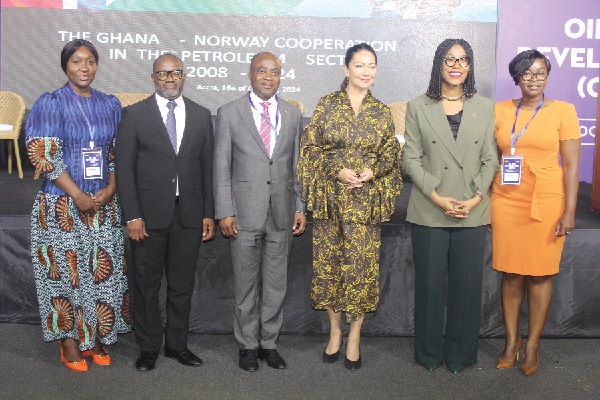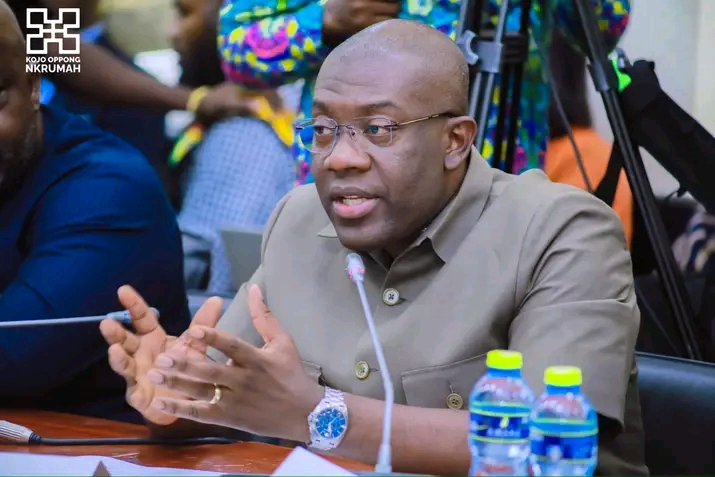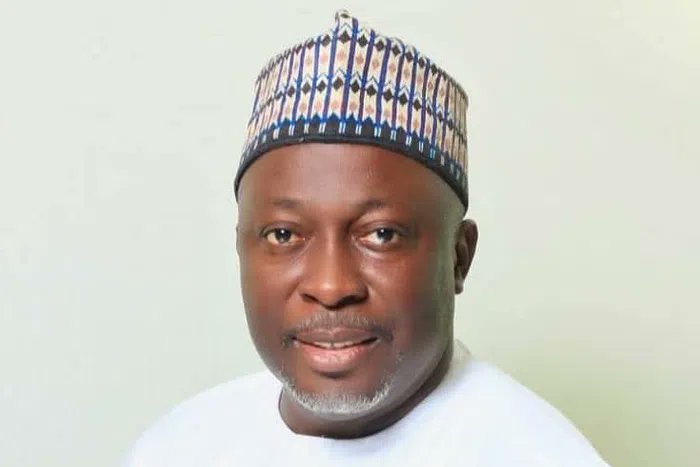By: Emmanuel Amoah
Norway has pledged to assist Ghana in developing its renewable energy capacity, with a focus on leveraging the private sector as the primary driver.
This renewed commitment follows the conclusion of Norway’s support for Ghana’s upstream oil and gas sector, which began after the country discovered oil in commercial quantities in 2007.
“While the Oil for Development Programme is being phased out, energy access remains a priority on our political agenda, with a new focus on renewable energy,” said Norwegian Ambassador to Ghana, Ingrid Mollestad, during a programme in Accra yesterday. The event marked the collaboration between Ghana and Norway under the Oil for Development Programme.
Norway’s Oil for Development Programme, launched in 2005, has played a key role in helping developing countries like Ghana manage their petroleum resources responsibly. The initiative took a holistic approach, covering not only resource extraction but also revenue management, environmental safeguards, and safety protocols, all with the goal of reducing poverty.
Ghana’s involvement in the petroleum industry began in 2007 with the discovery of the Jubilee Field. Seeking guidance in managing its newfound resources, Ghana signed a Memorandum of Understanding with Norway in 2008. This agreement became the foundation of the Oil for Development Programme, through which Norway shared its extensive experience in petroleum management.
The programme has been a cornerstone of Ghana-Norway cooperation since 2008, predating the establishment of Norway’s embassy in Ghana.
Although the Oil for Development Programme is ending, Ambassador Mollestad emphasized that there is still significant potential for continued cooperation between Norway and Ghana in the management of natural resources. She highlighted that both nations, as coastal states, must prioritize the sustainable management of ocean resources to ensure future prosperity.
Despite concerns about the petroleum sector’s contribution to climate change, Mollestad acknowledged that oil and gas will continue to play a critical role in many countries, including Ghana, for years to come.
James Yamoah, Director of the Petroleum Directorate at the Ministry of Energy, outlined some of the key achievements of the Oil for Development Programme. Among them is Ghana’s establishment of a strong legal and administrative framework for the petroleum sector, which includes updated laws and regulations that clearly define the responsibilities of key institutions.
One major outcome of the partnership was the creation of the Petroleum Commission, which separated regulatory functions from the commercial activities of the Ghana National Petroleum Corporation (GNPC). This has led to greater transparency and efficiency in the sector.
“Norway has also been pivotal in strengthening Ghana’s Environmental Protection Agency (EPA), enabling it to better oversee the environmental aspects of oil and gas operations,” Yamoah noted. Additionally, Norway helped Ghana design a fiscal framework that ensures the government receives a fair share of petroleum revenue while maintaining an attractive investment climate for international partners.
Cephas Adjei Mensah, Director of Research, Statistics, and Information Management at the Ministry of Environment, Science, Technology, and Innovation, praised the strategic nature of Ghana’s decision to draw on Norway’s expertise. He noted that the collaboration has positioned Ghana to pursue further cooperation opportunities, with the institutional networks established serving as a foundation for ongoing technical capacity building.
“Ghana remains committed to upholding the high standards set by this partnership and ensuring that our petroleum resources are managed sustainably for the benefit of all Ghanaians,” Mensah said.






